Filter By
Name
Availability
Consultation Mode
Gender
Price Range
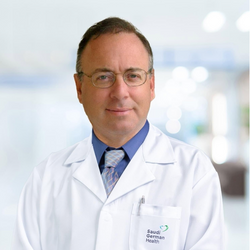


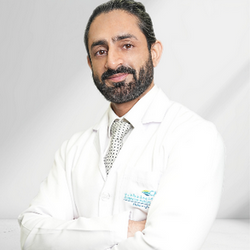
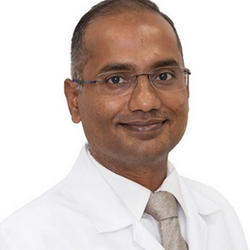
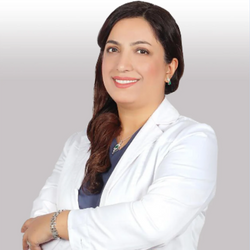
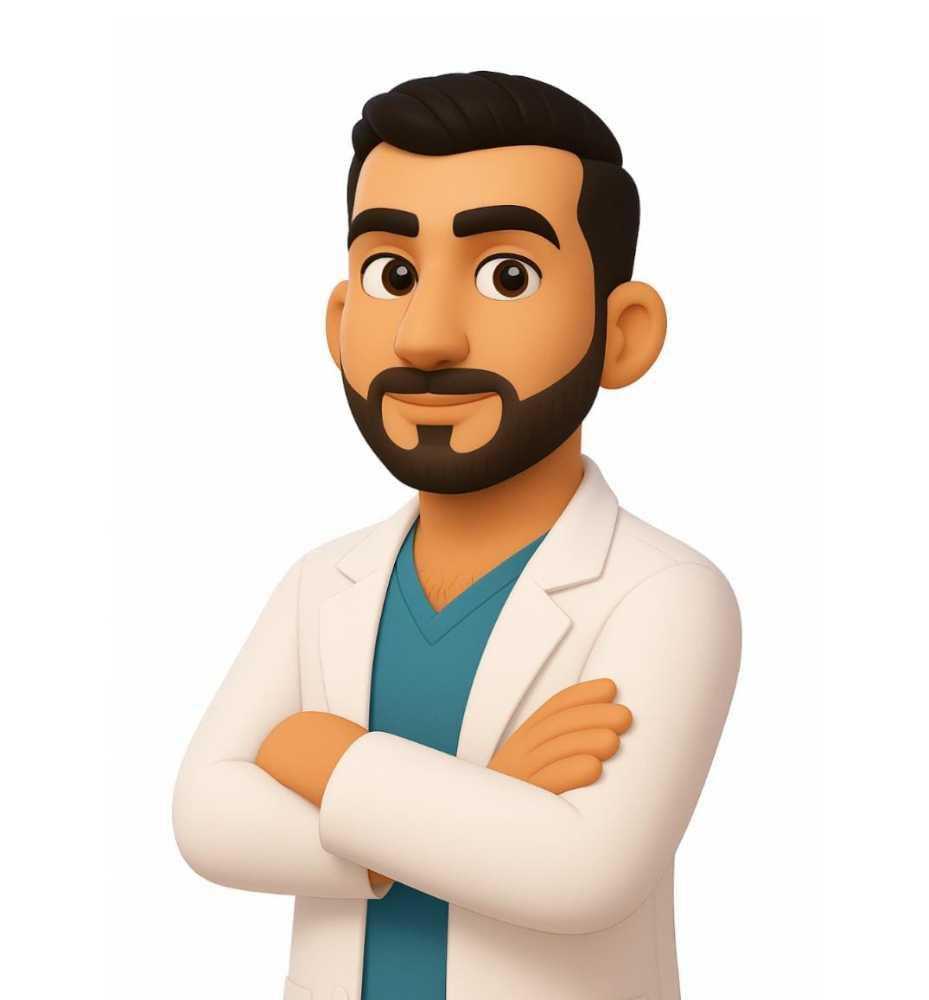
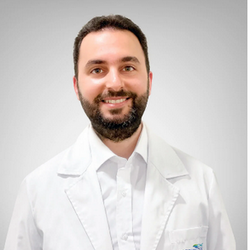
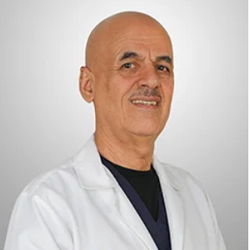
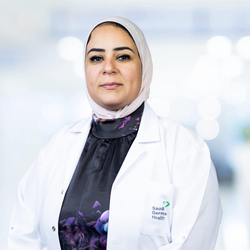
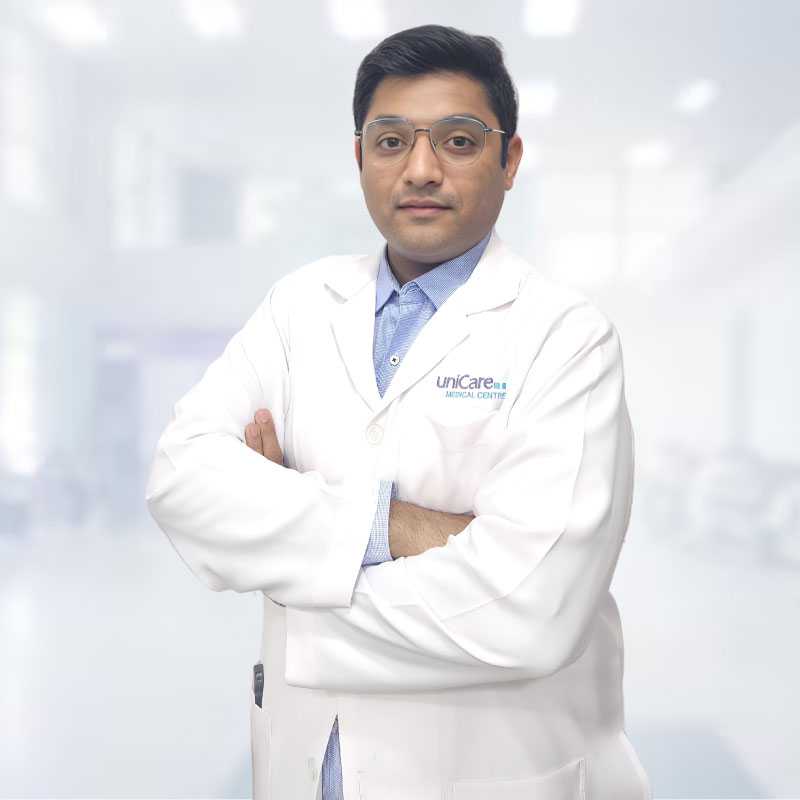
AED
AED
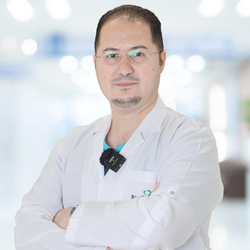
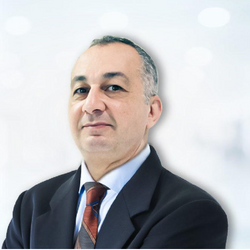
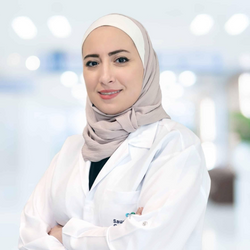
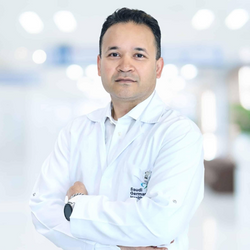
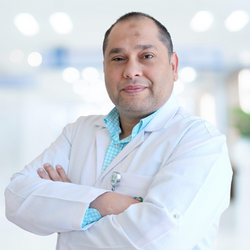
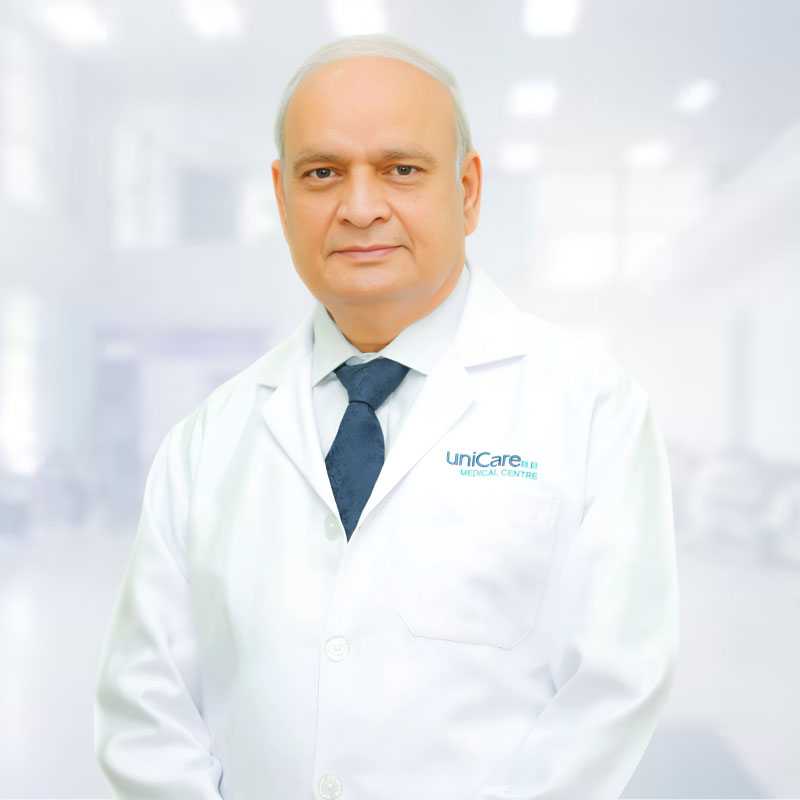
AED
AED
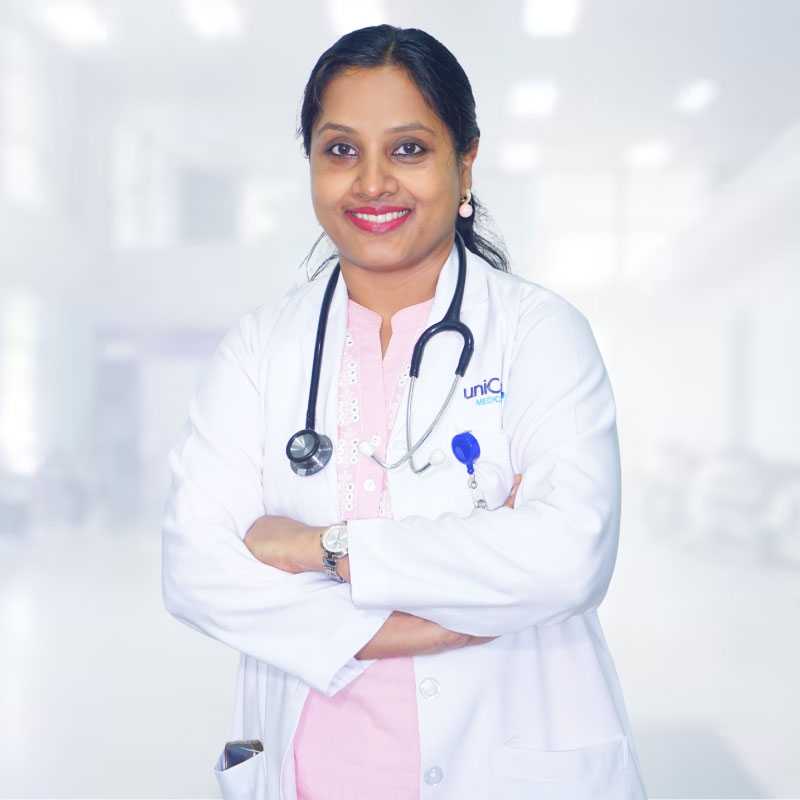
AED
AED
Ophthalmologist in Dubai, Abu Dhabi, Sharjah & UAE | Expert Eye Specialists – ShopDoc
Looking for trusted eye care in the UAE? Find the best Ophthalmologists in Dubai, Abu Dhabi, and Sharjah through ShopDoc. Book appointments online with experienced eye specialists offering advanced diagnosis, treatment, and surgical care for a wide range of vision and eye health issues.
What is an Ophthalmologist?
An Ophthalmologist is a medical doctor who specializes in diagnosing and treating eye diseases and vision disorders. Unlike optometrists, ophthalmologists are trained to perform eye surgeries, treat complex eye conditions, and prescribe medications for diseases such as glaucoma, cataracts, and diabetic retinopathy. They also conduct routine eye exams and vision correction procedures like LASIK.
Common Conditions Treated by Ophthalmologists
Ophthalmologists in the UAE treat a wide range of vision and eye health problems, including:
-
Cataracts – cloudy lenses that affect vision, commonly treated with surgery
-
Glaucoma – increased pressure in the eye that can lead to vision loss
-
Macular Degeneration – age-related vision deterioration
-
Diabetic Retinopathy – damage to the retina due to diabetes
-
Refractive Errors – such as nearsightedness, farsightedness, and astigmatism
-
Eye Infections and Inflammations – like conjunctivitis or uveitis
-
Corneal Diseases – such as keratoconus or corneal ulcers
-
Dry Eye Syndrome – common in UAE’s dry climate
-
Retinal Detachment – a serious condition requiring urgent treatment
Ophthalmology Services Across UAE
-
Dubai: Eye hospitals and LASIK centers in Dubai Marina, Al Barsha, and Jumeirah
-
Abu Dhabi: Retina specialists and eye surgeons in Al Khalidiya, Reem Island, and Mussafah
-
Sharjah & Northern Emirates: Vision correction clinics and pediatric eye specialists
-
Emergency Eye Care: Treatment for trauma, foreign objects, and sudden vision loss
-
Advanced Diagnostic Imaging: OCT, retinal scans, fundus photography, and visual field testing
-
Laser Eye Surgery (LASIK/PRK): Safe and effective options for vision correction
When Should You Visit an Ophthalmologist?
You should see an ophthalmologist if you experience:
-
Blurred or double vision
-
Eye pain, redness, or irritation
-
Gradual or sudden vision loss
-
Flashes, floaters, or halos around lights
-
Frequent changes in eyeglass prescriptions
-
History of diabetes or high blood pressure
-
Family history of eye diseases like glaucoma
-
Difficulty reading, driving, or seeing at night
Treatments & Procedures
-
Comprehensive eye exams
-
Cataract and lens replacement surgery
-
LASIK and refractive surgery
-
Glaucoma surgery and medication management
-
Retina injections for macular degeneration
-
Corneal transplants and grafts
-
Eyelid surgery (oculoplastic procedures)
-
Pediatric ophthalmology for childhood vision issues
Why Choose ShopDoc for Ophthalmologists in UAE?
-
Access top board-certified ophthalmologists across major cities
-
Clinics with advanced diagnostic & surgical facilities
-
Trusted by thousands of patients for comprehensive eye care
-
Multilingual support and patient-friendly services
-
Book online appointments instantly via the ShopDoc app or website
-
Transparent consultation fees, timings, and doctor profiles
FAQ – Ophthalmology in UAE
Is an ophthalmologist different from an optometrist?
Yes. Ophthalmologists are medical doctors who can diagnose and treat all eye diseases, perform surgeries, and prescribe medications. Optometrists provide primary vision care and prescribe glasses or contact lenses.
How often should I have an eye exam?
Adults should have a complete eye exam every 1–2 years. Those with diabetes, high blood pressure, or a family history of eye diseases may require more frequent checkups.
Is LASIK surgery safe?
LASIK is a safe and effective procedure for many patients seeking freedom from glasses or contacts. An ophthalmologist will assess your eligibility through pre-operative tests.
Can children see an ophthalmologist?
Yes, pediatric ophthalmologists specialize in treating children’s vision and eye conditions like lazy eye, strabismus, and refractive errors.
Do ophthalmologists treat dry eyes?
Yes. Ophthalmologists diagnose and treat chronic dry eye using artificial tears, medications, or procedures like punctal plugs.
Who is an Ophthalmologist?
An ophthalmologist is a physician who focuses on treating eye and vision conditions. Ophthalmologists are qualified to treat a wide variety of eye conditions and conduct eye surgeries in contrast to optometrists. They are knowledgeable about disorders that impact the structure of the eye associated muscles and nerves and vision.
How Can an Ophthalmologist Help You?
Common conditions like refractive errors (nearsightedness farsightedness) and more complicated ones like glaucoma cataracts macular degeneration and diabetic retinopathy are all diagnosed and treated by ophthalmologists. They evaluate eye health and identify possible issues early by using sophisticated diagnostic techniques like optical coherence tomography (OCT) ultrasound and visual field testing.
Types of Treatments Offered
Both surgical and non-surgical treatments are provided by ophthalmologists. They provide drugs for ailments like glaucoma and dry eye as well as corrective lenses for refractive errors. Furthermore they perform surgeries like retinal surgeries, cataract removal and LASIK for vision correction. They also oversee long-term treatment programs for chronic illnesses like diabetic eye disease and provide therapies for eye injuries.
When Should You See an Ophthalmologist?
An ophthalmologist should be consulted if you suffer from symptoms such as floaters flashes of light blurred vision abrupt changes in vision or persistent eye pain. In order to prevent vision loss people over 40 should have regular eye exams particularly if there is a family history of eye conditions.
The Importance of Ophthalmologists in Eye Health
Maintaining eye health and preventing blindness are important tasks for ophthalmologists. They can diagnose and treat a variety of eye conditions thanks to their specialized training giving patients all-encompassing care that promotes long-term eye health and quality of life.
FAQ
What conditions does an ophthalmologist treat?
Eye diseases such as glaucoma cataracts diabetic retinopathy, macular degeneration, eye infections and refractive errors like nearsightedness and farsightedness are among the conditions that ophthalmologists treat.
What's the difference between an ophthalmologist and an optometrist?
While optometrists concentrate on eye exams, vision correction and managing specific eye conditions without surgery, ophthalmologists are medical professionals who can perform eye surgeries.
What are the warning signs of serious eye conditions?
Eye pain blurred or double vision, sudden vision loss and the presence of light flashes floaters or halos around lights are warning signs. If you encounter these, get in touch with an ophthalmologist right away.
Is LASIK surgery safe, and am I a candidate?
Most people with stable vision and no serious eye conditions can safely undergo LASIK. After a thorough eye exam an ophthalmologist can assess your eligibility.
Do ophthalmologists treat children?
Yes a large number of ophthalmologists focus on treating children's eyes treating conditions like amblyopia (lazy eye) strabismus (crossed eyes) and problems with vision development.
ShopDoc India
All rights reserved by ShopDoc FZ LLC,
In5 Tech, Dubai Internet City


